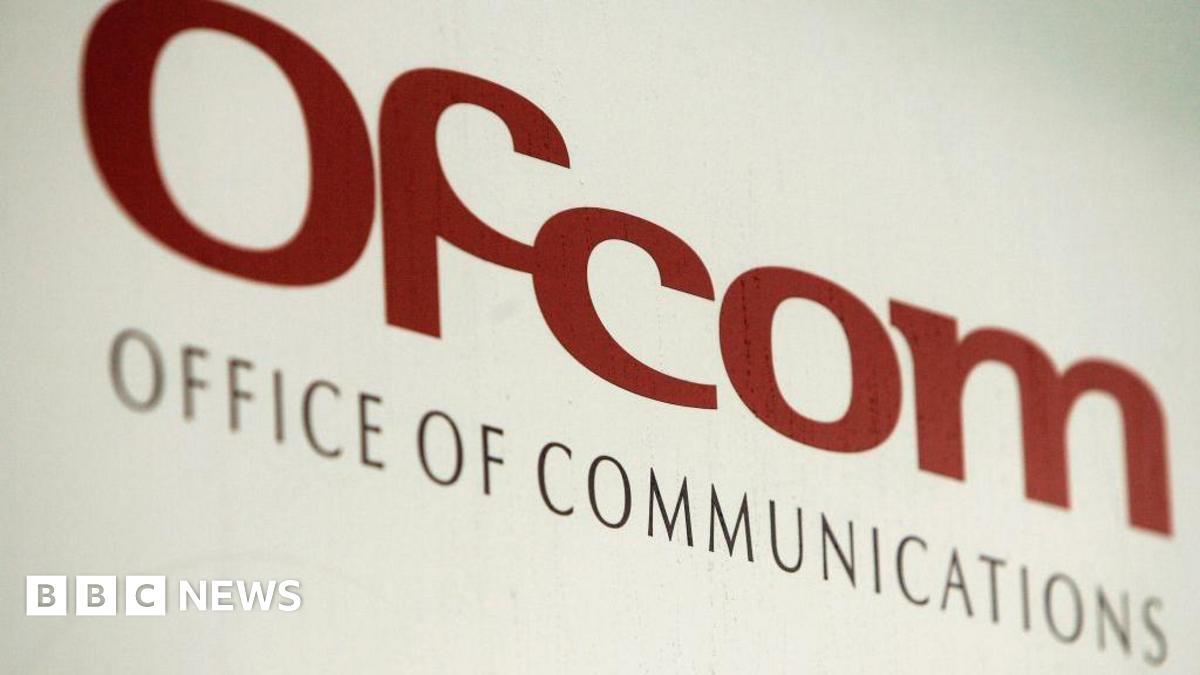Unlock the US Election Countdown newsletter for free
The stories that matter on money and politics in the race for the White House
UK Prime Minister Keir Starmer left Washington after talks with US President Joe Biden on Friday amid signs the US may be prepared to shift its position on the use of long-range missiles by Ukraine in the coming days.
Although the meeting between the two leaders ended without an announcement, there were indications that Biden might be willing to let the UK and France allow Ukraine to use their Storm Shadow missiles, which rely on American navigational data and other technology.
“This wasn’t about a particular decision . . . we’ll obviously pick [it] up again [at the UN General Assembly] in just a few days time with a wider group of individuals,” Starmer told reporters after the meeting.
Some officials predicted Washington would ultimately allow Ukraine to use the American-provided, ground-launched Army Tactical Missile System, or ATACMS.
The US has been reluctant to provide the weapons despite persistent requests by Ukrainian President Volodymyr Zelenskyy over fears their deployment could escalate the conflict with Russia.
“There is no change to our view on the provision of long-range strike capabilities for Ukraine to use inside Russia, and I wouldn’t expect any sort of major announcement in that regard coming out of the discussions,” US National Security Council spokesman John Kirby said before Friday’s summit.
But Washington has frequently provided Ukraine with weapons it previously declared it would not, and there are some in Biden’s government pressing him to let Kyiv have access to the missiles.
Ahead of his meeting with Starmer, Biden declared: “The United States is committed to standing with you to help Ukraine as it defends against Russia’s onslaught of aggression. It’s clear that [Russian President Vladimir] Putin will not prevail in this war. The people of Ukraine will prevail.”
Earlier on Friday, Lord Kim Darroch, Britain’s former national security adviser, warned that allowing long-range Storm Shadow missiles to be fired by Ukraine into Russia risked a big escalation of the conflict.
Darroch, ex-ambassador to Washington, said western allies should think carefully about Putin’s warnings this week that the deployment of longer- range weapons against targets inside Russia would mean Nato would be “at war” with Moscow.
“We really don’t want to escalate this,” Darroch told the Financial Times.
Asked about Putin’s threats, Biden said on Friday, “I don’t think much about Vladimir Putin.”
Starmer has said it should be up to Ukraine how it uses weapons supplied by its allies — including Anglo-French Storm Shadow cruise missiles — provided they are used for defensive purposes and within international law.
But Darroch said that just because Putin had previously not carried through on threats of reprisals when the west supplied battle tanks and missiles to Ukraine, it did not mean the same would apply to cruise missile strikes on his territory.
“If they are confident that he’s bluffing, then fine,” he said. “But he’s bluffing until he isn’t.”
Darroch added that he was not convinced that using Storm Shadow missiles to hit targets in Russia would be a decisive factor in the war.
Vassily Nebenzia, Russia’s ambassador to the UN, said on Friday that if the west allowed Kyiv to conduct strikes deep into his country then Nato countries would be “conducting direct war with Russia”.
“The facts are that Nato will be a direct party to hostilities against a nuclear power,” he told the UN security council. “I think you shouldn’t forget about this and think about the consequences.”
A final decision on whether to allow Kyiv to expand its military operations in Russia is likely to be taken around the General Assembly meeting later this month, UK diplomats said.
Starmer and Biden are expected to be in New York for the meeting along with other western allies and Zelenskyy.

The Ukrainian president has been lobbying western allies for permission to use the ATACMS and Storm Shadow missiles on targets inside Russia.
“Anyone who sees at a map where Russia launches its strikes from, trains its forces, keeps its reserves, locates its military facilities, and what logistics uses clearly understands why Ukraine needs long-range capabilities,” he said on X on Friday.
The UK was the first country to send long-range cruise missiles to Ukraine and has long taken a more permissive approach to how the weapons it supplies are deployed. Defence insiders say they would like to do the same with Storm Shadows — if agreement can be reached with Kyiv’s other backers.
Credit: Source link











